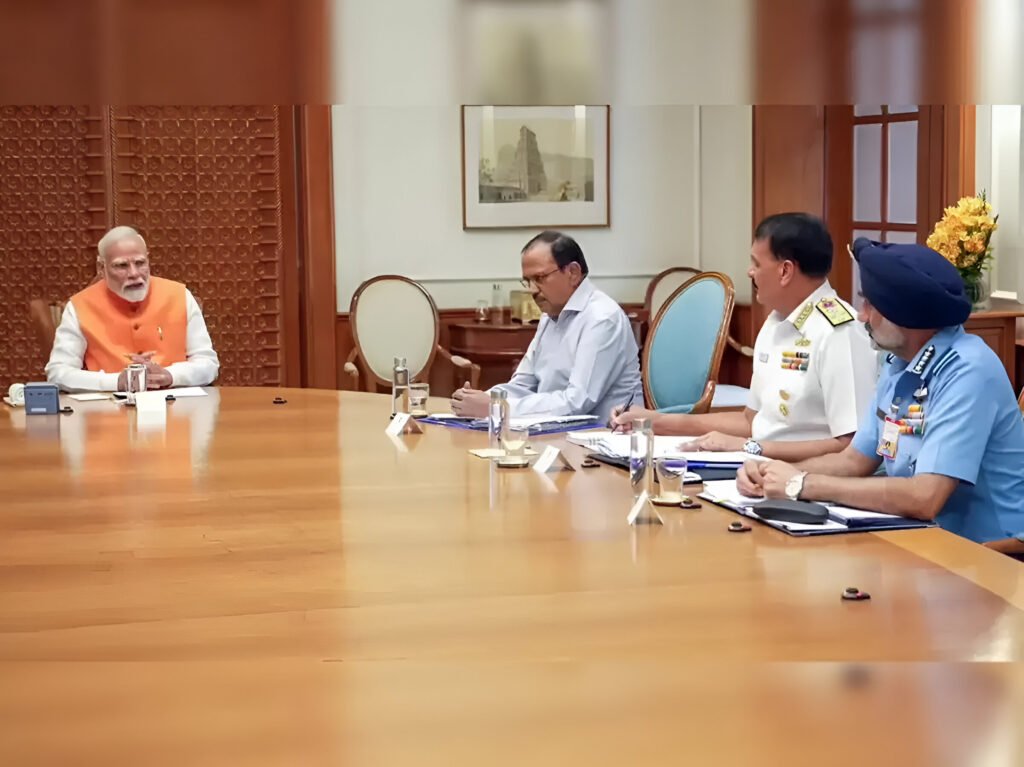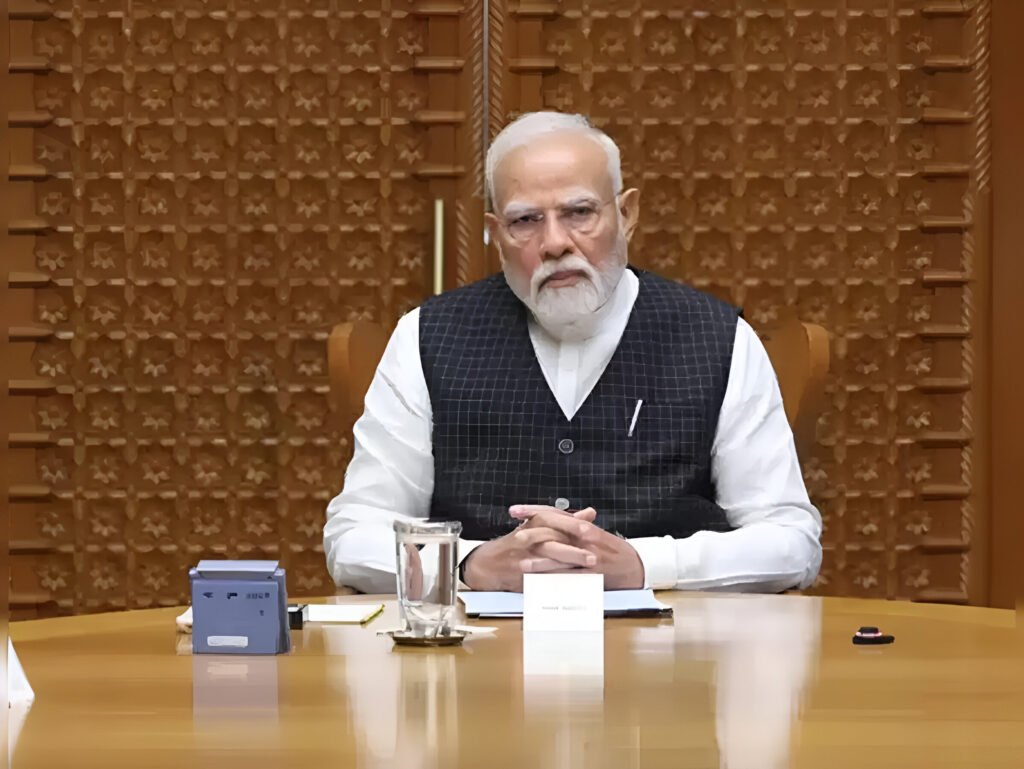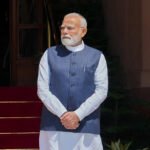
After a terrorist attack in the town of Pahalgam in Jammu and Kashmir that mowed down 26 civilians, Prime Minister Narendra Modi has now given full control of the Indian Armed Forces to develop their own strategies in dealing with terror infrastructure. This decision shows India’s unwavering response towards terrorism and prioritization of national security.
The Pahalgam Tragedy: A Grieving Country
On April 22, 2025, a group of Hindu visitors was shot at in the town of Pahalgam, leading to 26 deaths along with many injuries. The gunmen were believed to belong to the Kashmir Resistance Terror group with links to Pakistani terror outfits like Lashkar-e-Taiba. Such an attack, reminiscent of the carnage wrought during the Mumbai attacks, raises both the irrefutable prospect of terrorism being used as a tool of state policy and the indisputable vulnerability of civilians in conflict-ridden zones.
Modi’s Directive Frees the Armed Forces From Political Strings
Following the attack, Prime Minister Modi called for the immediate hasty meeting of the entire cabinet defense and security, including his most trusted men, Defense Minister of India Rajnath Singh, and the respective chiefs of the three armed forces. He decided to give a standing order that the military can decide on the means and objectives alongside the timing of the counterattack. It also shows a shift of perspective on how a blow would be dealt to the Indian military infrastructure.
Strategic Analyses: Cabinet Committees in Action
The Prime Minister managed the meeting of the Cabinet Committee on Security (CCS) as well as the meeting of the Cabinet Committee on Political Affairs (CCPA) to thoroughly analyze the security concerns and manage actions to be taken by the government. These cabinet committees, consisting of senior ministers and other officials, make critical decisions for the development of the security and political policies of the country, India.

Pakistan and India Ties: Bust Diplomatic Fallout
The Pahalgam attack has worsened how Pakistan and India relate with each other. India has accused Pakistan of harboring terrorists who practice cross-border terrorism, which has led to the suspension of the Indus Waters Treaty and the blocking of the major border checkpoint. In turn, Pakistan has also blocked airspace to their planes, which is a steep strain in the relationship for Russia and India, who are nuclear superpowers.
Polish Government, Poland, as well as the US and UK: Calls for Restraint
The United Nations, alongside the excluded, has expressed concern towards the overwhelming increase in tensions. All sixty-five or seventy-one nations have urged both countries to calm down their aggressive behaviors and find green diplomatic tactics to cease escalation. The historical fights of the claimed War for Kashmir are the biggest obstructions for peace treaties within the South Asia region.
Security Concern: Putting Civilians and Critical Infrastructure Under Guard
Due to the recent incident, India has for the most part sealed off all tourist attractions in Kashmir and augmented safety at the few that remain open. Military exercises and search operations have also been intensified. The region is put under these measures to ensure self-protective actions to boost public perception and trust.
Final Thought: India’s Unyielding Position Towards Terrorism
The granting of complete operational authority of the armed forces to counter terrorist actions to them is a decisive step to worsen Indian Pakistan relations. India, as a country is starting to showcase their deep appreciated sorrow alongside anger towards the Pahalgam attack, while on the tactical military face streamlining procedures and policies constructed towards defense from attacks showcase the government’s overall actions to strengthen the national value and sustain national level action of essentially seeking peace. The next days will be determinative to the consequences of relations between India and Pakistan and the whole area surrounding them.











